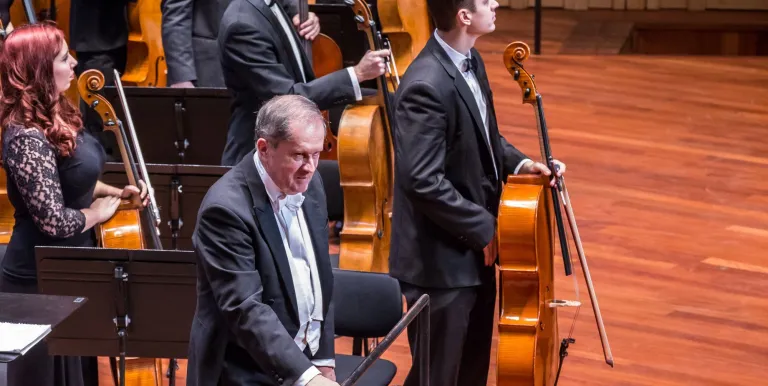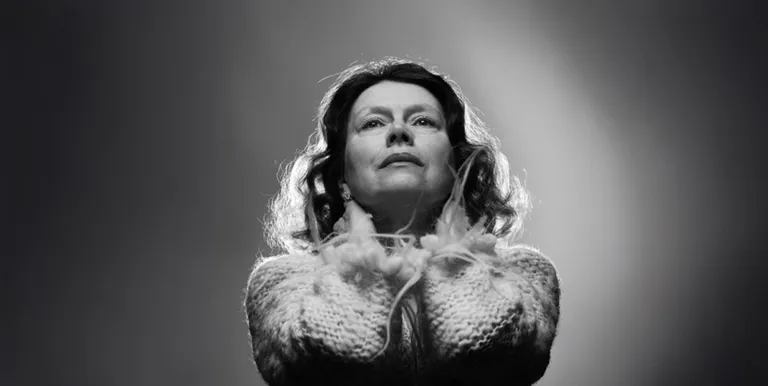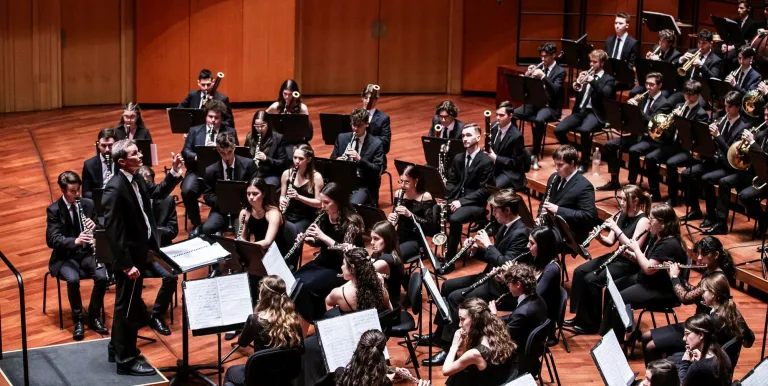one interval
Conductor:
Featuring:
László Zempléni
Early Hungarian Dances
Kodály
Psalmus Hungaricus
Kodály
Dances of Galánta
László Dubrovay
Faust, the Damned – excerpts
- Prelude and Faust
- Mephistopheles's dance
- Margaret and Faust in love
- Tavern scene
László Zempléni's Early Hungarian Dances, a four-movement composition written for children's string orchestra and percussion instrument, is a treatment of characteristically Hungarian 18th century dance tunes, while Zoltán Kodály's Psalmus Hungaricus is an outstanding example of the 20th century oratorio literature. Composed for solo tenor, chorus and orchestra to text by Mihály Kecskeméti Vég, the work is a “prayer against false brothers, taking solace in God”. In his five-movement orchestral work Dances of Galánta, however, Kodály brought his childhood memories to life with the songs and dances of the Gypsy “primás” violinist Mihók from the town of Galánta (Galanta) – embedded in the melodic and rhythmic style of 19th century verbunkos music. The Zugló Philharmonic premièred László Dubrovay's ballet Faust, the Damned to great acclaim in 2016, with Kálmán Záborszky conducting. Four excerpts from the suite created from the work will be heard: Prelude and Faust; Mephistopheles's dance; Margaret and Faust in love; Tavern scene.
Sponsored by: Hungarian Academy of Arts
Presented by: Müpa Budapest
-
We wish to inform you that in the event that Müpa Budapest's underground garage and outdoor car park are operating at full capacity, it is advisable to plan for increased waiting times when you arrive. In order to avoid this, we recommend that you depart for our events in time, so that you you can find the ideal parking spot quickly and smoothly and arrive for our performance in comfort. The Müpa Budapest underground garage gates will be operated by an automatic number plate recognition system. Parking is free of charge for visitors with tickets to any of our paid performances on that given day. The detailed parking policy of Müpa Budapest is available here.








